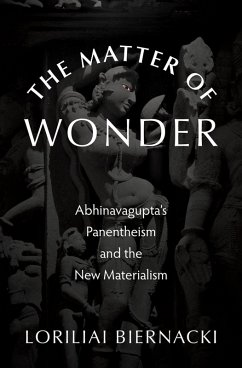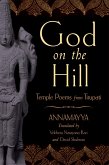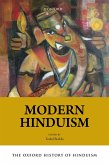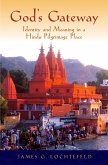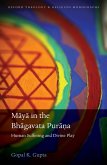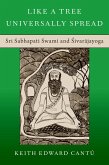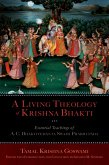In the early 11th century, the Kashmiri philosopher Abhinavagupta proposed panentheism-seeing the divine as both immanent in the world and at the same time as transcendent--as a way to reclaim the material world as something real, something solid. His theology understood the world itself, with its manifold inhabitants--from gods to humans to insects down to the merest rock-as part of the unfolding of a single conscious reality, Siva. This conscious singularity-the word "god" here does not quite do it justice--with its capacity to choose and will, pervades all through, top to bottom; as Abhinavagupta writes, "even down to a worm -- when they do their own deeds, that which is to be done first stirs in the heart." His panentheism proposed an answer to a familiar conundrum, one we still grapple with today: Consciousness is so unlike matter. How does consciousness actually connect to the materiality of our world? To put this in more familar twenty-first-century terms, how does mind connect to body? These questions drive Loriliai Biernacki's The Matter of Wonder: Abhinavagupta's Panentheism and New Materialism. Biernacki draws on Abhinavagupta's thought--and particularly his yet-untranslated, philosophical magnum opus, the Isvara Pratyabhij?a Vivrti Vimarsini--to think through contemporary issues such as the looming prospect of machine AI, ideas about information, and our ecological crises. She argues that Abhinavagupta's panentheism can help us understand our current world and can contribute to a New Materialist re-envisioning of the relationship that humans have with matter.
Dieser Download kann aus rechtlichen Gründen nur mit Rechnungsadresse in A, B, BG, CY, CZ, D, DK, EW, E, FIN, F, GR, HR, H, IRL, I, LT, L, LR, M, NL, PL, P, R, S, SLO, SK ausgeliefert werden.

